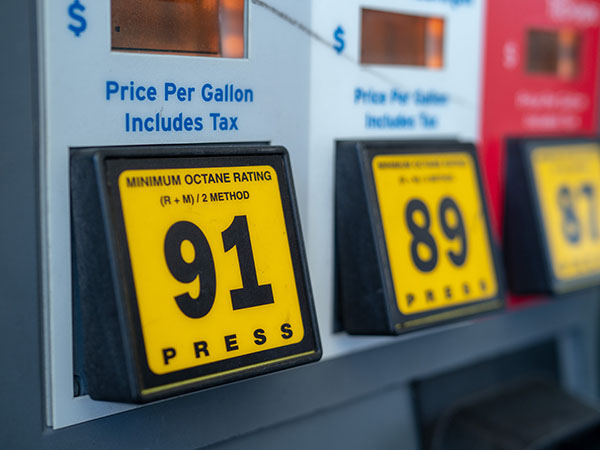
As you fill up your tank, you wonder, does choosing the right octane rating really make a difference for your vehicle? It's a question that often puzzles drivers as they navigate the fueling options available. Today's article will dive deep into the world of octane ratings, uncovering the impact they have on your vehicle's performance and dispelling the myths surrounding this crucial fuel choice.
The Octane Rating Demystified
First things first, let's demystify what octane rating means. It's a measure of a fuel's ability to resist "knocking" or "pinging" during combustion, which occurs when the air-fuel mixture ignites prematurely in the engine. In essence, higher octane fuel has a greater resistance to this knocking, ensuring a smoother and more controlled combustion process.
The Right Octane for Your Engine
Now, here's the crux of the matter: the right octane rating for your vehicle. Most modern cars are designed to run on regular unleaded gasoline, typically with an octane rating of 87. Using higher octane fuel than your vehicle's manufacturer recommends doesn't provide any performance benefits. Conversely, using lower octane fuel than recommended can lead to knocking and reduced engine efficiency.
High-Performance Engines
High-performance engines, often found in sports cars and luxury vehicles, may require higher octane fuel, such as 91 or 93, to operate optimally. These engines have higher compression ratios and benefit from the added resistance to knocking that higher octane fuel provides.
Fuel Efficiency and Octane
Using a higher octane fuel than your engine requires won't boost fuel efficiency or horsepower. In fact, it may result in wasted money, as higher octane fuel typically costs more. Stick with what your manufacturer recommends for the best balance of performance and cost-effectiveness.
The Myth of Cleaning Agents
Some higher-octane fuels are marketed as having added cleaning agents. While this may be true, using a fuel system cleaner as recommended by your vehicle's maintenance schedule is a more effective way to keep your engine clean.
In the grand symphony of vehicle maintenance, the choice of octane rating is like selecting the perfect pitch for your engine's performance. Choose the recommended octane rating for your vehicle to ensure proper combustion and engine load.
If something goes wrong at the gas pump or on the road, reach out to Village Transmission & Auto Clinic, and we will be glad to help!